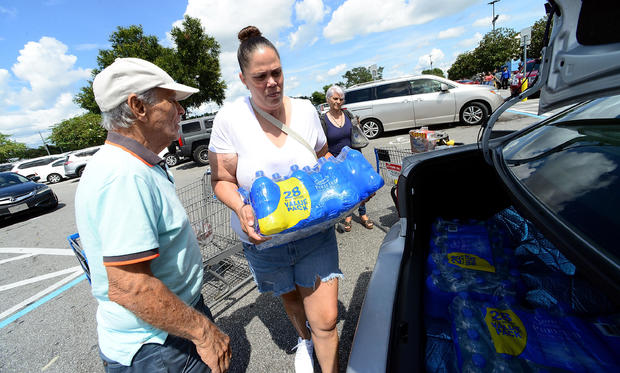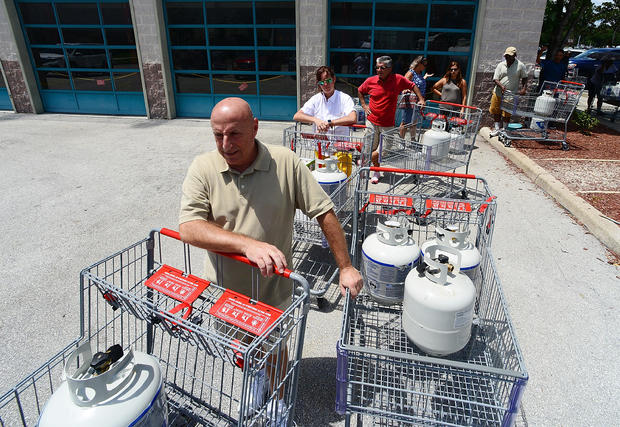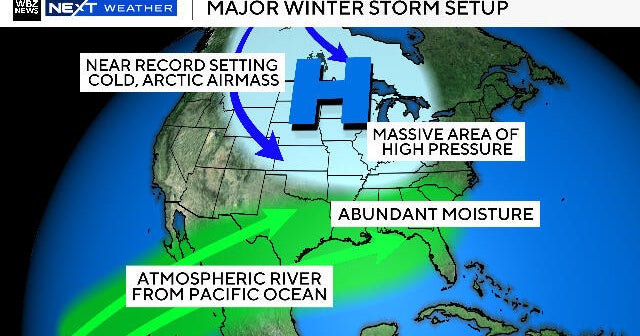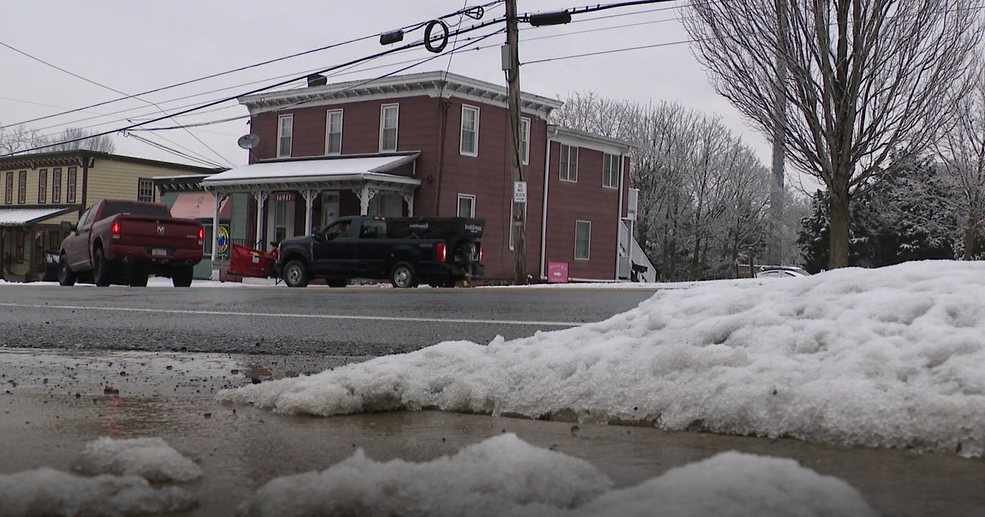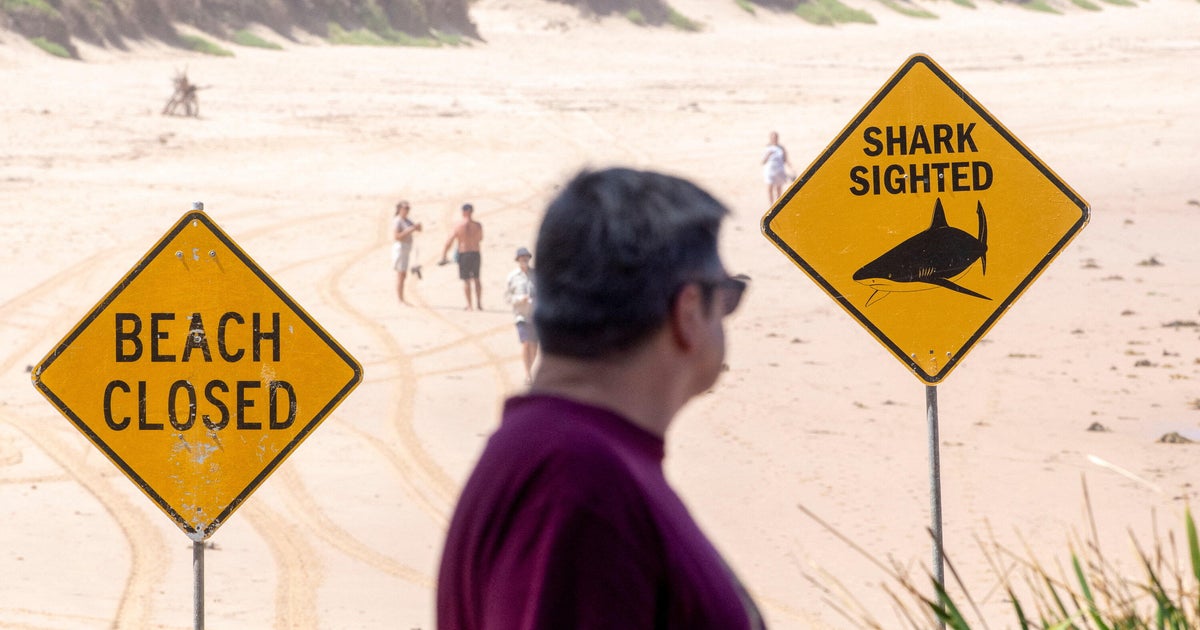What you need in a hurricane preparedness kit
The threat of Hurricane Dorian prompted watches and warnings for residents along the Atlantic coast of Florida, Georgia, South Carolina and North Carolina as the ferocious storm moved north.
"If you're in the path of this storm — anywhere on the east coast of Florida — make your preparations," Florida Governor Ron DeSantis said at a press conference ahead of the storm last Thursday. "Take action."
He encouraged every Florida resident to have seven days of supplies on hand, including food, water and medicine, and to "have a plan in case of disaster."
CBS News has rounded up some emergency preparedness tips for people and pets, as well as a checklist of supplies to have on hand before a big storm arrives.
What supplies do you need to prepare for a hurricane?
Ahead of potentially devastating storms this hurricane season, the Red Cross recommends having the following supplies on hand:
- Water: At least a 3-day supply; one gallon per person per day
- Food: At least a 3-day supply of non-perishable, easy-to-prepare food
- Flashlight
- Battery-powered or hand-crank radio (NOAA Weather Radio, if possible)
- Extra batteries
- First aid kit
- Medications (7-day supply) and medical items (hearing aids with extra batteries, glasses, contact lenses, syringes, cane)
- Multi-purpose tool
- Copies of personal documents (insurance policies, birth certificates, lease or deed to home)
- Sanitation and personal hygiene items
- Emergency blanket
- Insect repellent and sunscreens
- Baby supplies (bottles, formula, baby food, diapers)
- Rain gear
What safety precautions should you take before a hurricane?
In their hurricane safety checklist, the Red Cross advises:
- Listen to NOAA Weather Radio for critical information from the National Weather Service
- If your area is told to evacuate, evacuate
- Check your disaster supplies and replace or restock as needed
- Fill your car's gas tank
- Turn the refrigerator and freezer in the coldest setting and keep them closed as much as possible so food will last longer if power goes out
- Bring any outdoor furniture inside
- Close your windows, doors and hurricane shutters
- Board up all windows and doors with plywood
- Learn about your community's hurricane response plan
At the very least, have an emergency "go bag" at the ready.
Hurricane safety tips for pets
The Humane Society of the United States also put together a disaster plan for your pets. Their recommendations include:
- Make sure that cats and dogs are wearing collars and identification tags that are up to date
- Put your cellphone number on your pet's tag (or a relative/friend's number in case you need to evacuate)
- Find a safe place to stay ahead of time
- Never assume you will be allowed to bring your pet to an emergency shelter — check with local officials in advance to find out about pet-friendly shelters
- Consider a kennel or veterinarian's office or contact hotels and motels
- Bring your pet with you if you evacuate
- Stock enough food and water for each pet for at least five days
- Don't forget to bring your pet's medications and a sturdy leash or carrier
This is an updated version of a story first published September 12, 2018.
